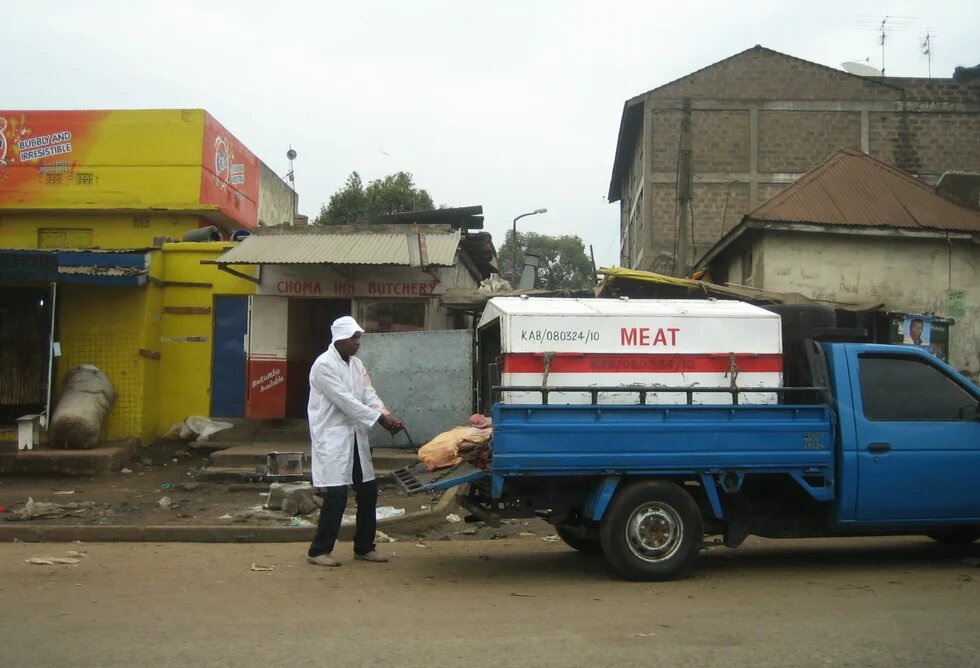
Food is very personal. It is not just a need. Food often embodies certain feelings: familiarity, relaxation, routine, or even stress. We eat in different types of situations and have our own, very personal preferences.
At the same time, however, we are more and more alienated from what is on our plates, on the table and in our hands. Do you sometimes wonder where the steak, sausage or burger you are eating comes from? Personal satisfaction reflects ethical decisions, and private concerns can be very political in nature. Each of us ought to decide what we want to eat. But responsible consumption is something that an increasing number of people demand. Then again, they need information on which to base their decisions.
How can normal consumers understand the global impact caused by their meat consumption? How many people realize that our demand for meat is directly responsible for clearing the Amazon rainforest? Who is aware of the consequences of industrial livestock production for poverty and hunger, displacement and migration, animal welfare, or on climate change and biodiversity?
None of these concerns are visible on the meat and sausage packages in the supermarket. On the contrary, big agribusinesses try to play down the adverse effects of our high meat consumption. Advertising and packaging in developed countries convey an image of happy animals on happy farms. In reality, the suffering the animals endure, the ecological damage and the social impacts are swept under the carpet.
One in every seven people in the world does not have adequate access to food. We are a long way from realizing the internationally recognized right to quantitatively and qualitatively sufficient food. On the contrary, almost a billion people in the world go hungry, largely because the middle classes’ craving for meat creates large-scale, intensive livestock and food industries.
In many countries, consumers are fed up with being deluded by the agribusiness. Instead of using public money to subsidize factory farms – as in the United States and European Union – consumers want reasonable policies that promote ecologically, socially and ethically sound livestock production. As a result, a central concern of the Heinrich Böll Stiftung is to provide information about the effects of meat production and to offer alternatives.
While governments in the developed world have to radically change course and struggle against the power of the agricultural lobby, developing countries can avoid repeating the mistakes made elsewhere. If they know about the effects of intensive meat production, they can plan for a future-oriented form of production that is socially, ethically and environmentally responsible.
Instead of trying to export their failed model, Europe and the United States should attempt to show that change is both necessary and possible. There are alternatives. Meat can be produced by keeping animals on pasture instead of in buildings, and by producing feed locally rather than shipping it thousands of kilometres. Manure does not have to burden nature and the health of the local population; it can be spread on the farmer’s own fields to enrich the soil.
The Meat Atlas 2014 atlas invites you to take a trip around the world. It gives you insights into the global connections made when we eat meat. Only informed, critical consumers can make the right decisions and demand the political changes needed.
Click here for the Download of the Meat Atlas 2014 Publication.
